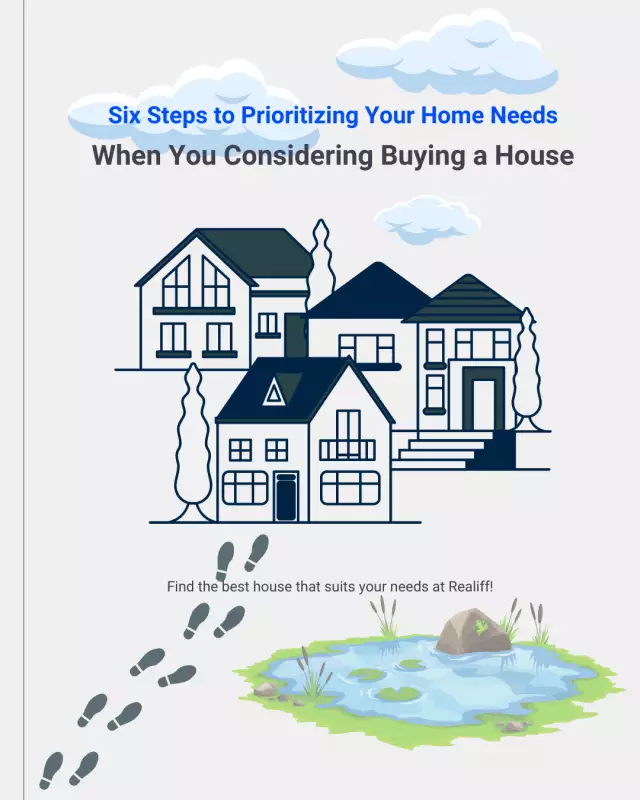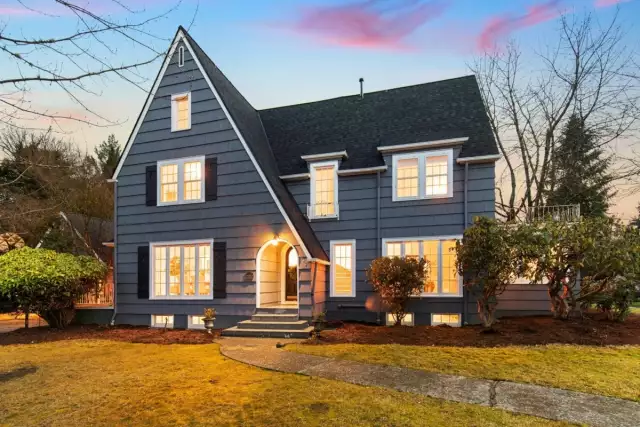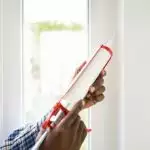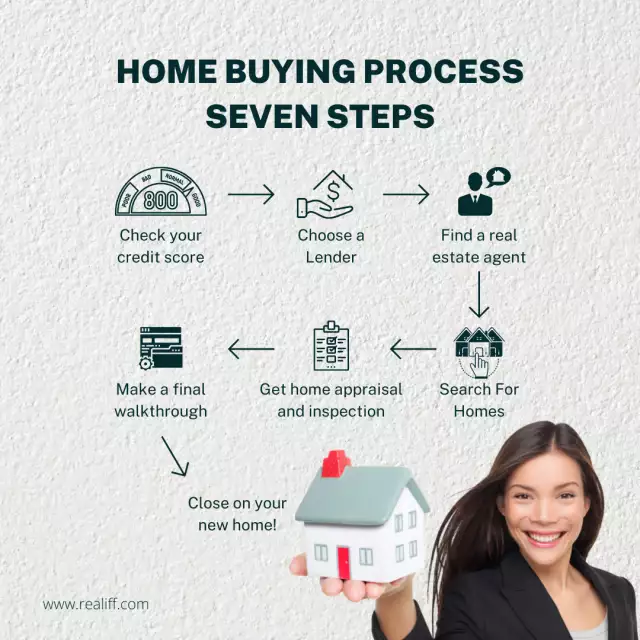Six Steps to Prioritizing Your Home Needs When You Considering Buying a House
Six Steps to Prioritizing Your Home Needs When You Considering Buying a House
Are you ready to start looking for listings and attending open houses?
You've been pre-approved and know how much you can afford, so it's time to start looking for a home. However, if you don't know exactly what you're looking for, your home search will come to a halt.
It's easy to speak in broad strokes about wanting a "big" house or an "older" house. However, in order to better target your real estate search, you must first consider your ideal home. Will your "big" house be 2,400 or 5,000 square feet? When you say "older," do you mean one built before 1900 or before 1980?
Before going to another open house, sit down and make a list of your needs and wants — and yes, they are distinct. You may want a pool, but you could probably live without one. (It's also worth noting that having a pool may increase your home insurance costs.)
Understand that as you learn more about your housing options, your list of requirements will most likely change. For example, proximity to the beach may begin as a priority, but once you see the size of ocean-front homes available in your price range, you may decide that a short drive to the water is acceptable. Unless you have an unlimited budget, you will almost certainly have to make compromises along the way.
Use the tips and questions below to help you identify what you like and dislike about your current home so that you can find more comfort and pleasure in your next home. Then, using this printable house-hunting checklist, prioritize specific home features as "Must Have," "Like to Have," or "Don't Care."
1. Find out what you can afford
Checklist for house hunting: Determine what you can afford
In a competitive market, getting your finances in order before looking for a home can make all the difference. Determining your budget and financial wiggle room can help you see your must-haves on your house-hunting checklist more clearly. Consider the following:
Do you have a mortgage pre-approval? If you haven't already, we can show you how and why you should get pre-approved.
What is your budget? (If you're unsure, use our affordability calculator.)
How much money do you have set aside for a down payment? What about unanticipated costs such as future repairs?
Do you want to do additional renovations or do you want a turnkey property? This quiz may assist you in making your decision.
2. Consider your current lifestyle, but also prepare for the future
Consider your lifestyle when house hunting.
You may have a picture-perfect home in mind, or you may not know where to begin when imagining your future home. Consider your basic needs and non-negotiables in a home first. Begin by thinking about where you live now — what are your favorite aspects of your current residence, and what do you need to change? Consider whether:
You require room for a future nursery or a home office.
Do your pets require any special features, such as a fenced-in yard?
You value wheelchair accessibility or a limited number of stairs.
Is a parking space required, or will street parking suffice?
You value walking distances.
You intend to change jobs within the next 1-2 years.
3. Choose your preferred house style and type
Once you've figured out the fundamentals, you can start thinking about what features you want in a house. Consider the various types of houses on the market in the neighborhoods where you want to buy, and remember that you can use keywords to help narrow down your options when searching for homes online. Ask yourself the following questions (and make sure your answers match what's on your house-hunting checklist):
How many stories would you like?
Do you prefer a townhouse, condo, or single-family home? Learn about the advantages and disadvantages of condos versus single-family homes.
Could you live in an old house?
How many bedrooms and bathrooms are there?
Do you need a guest room?
What kind of flooring do you prefer?
Which architectural styles do you prefer?
What is your favorite room, and why do you enjoy spending time in it?
Do you enjoy spending time in your outdoor space if you have one?
Do you enjoy taking care of your yard... or do you find it burdensome (be honest!)?
4. Select a location
You can change the paint colors in your home to update the look or add an extension to expand the square footage, but you can't change the location. It's easy to get caught up in a home's amenities when house hunting in person or perusing listings online, but you should also examine your surroundings.
Ask yourself these questions, and then read our neighborhood selection guide for additional information.
Do you prefer the city, the suburbs, or the countryside?
Which city would you like to reside in?
Do you prefer convenient access to highways or public transportation?
How important is the point of view?
Can you sleep comfortably in the presence of traffic noise?
Do you want to be a part of the community?
Are there any parks that are within walking or biking distance?
Do the property taxes and/or HOA fees fit within your financial constraints?
5. Get to know your surroundings
Think you've found the ideal house in the ideal location? Before buying, it's always a good idea to walk around the neighborhood and ask yourself the following questions:
Do you like your neighborhood?
Are there enough or too many activities going on around you?
Are you satisfied with your commute?
Do you have to travel a long distance for necessities like groceries or a doctor's appointment?
6. Take pictures of your visit
When it comes time to take your home tour, compare the features to the house-hunting checklist you created. Do any of your must-haves need to be reconsidered?
Get a sense of the place and think about anything you may have overlooked on your list. Remember that while paint and staged furniture can be changed, there are some things that cannot:
Is there enough or too much room?
Where could you benefit from more space?
What words would you use to describe the layout?
Are you pleased with the fixtures and finishes?
Are you satisfied with the windows (enough natural light, well-placed, too bright)?
Is the house attractive from the outside?
Is there enough parking at the house?
Now that you know what you're looking for, contact a local agent to assist you in locating it. Have fun house hunting!








